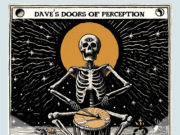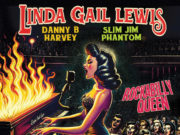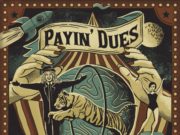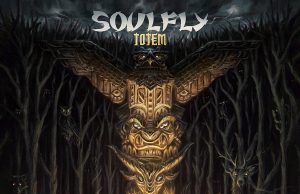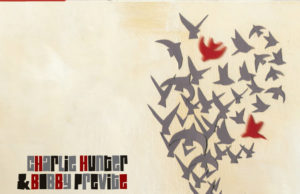THE EDITED PRESS RELEASE: “Kuunatic are a thrilling Tokyo tribal-psych trio bolstered by diverse global sonics and powerful female vocals. Drawing on the members’ different musical and cultural perspectives, their music explores ritual drumming, pulsing bass lines, atmospheric keyboard sounds and Japanese traditional instruments. Gate of Klüna” is Kuunatic’s debut album. Produced by Tim DeWit (Gang Gang Dance), the record reveals a mesmerizing soundworld that transcends genres and hemispheres and succeeds in being both boldly experimental and wildly catchy. Kuunatic are Fumie Kikuchi on keys and vocals, Yuko Araki on drums and vocals and Shoko Yoshida on bass and vocals.
Creating a world has many advantages. Notions of time and space can be bent, Urizen-like, to the will and reasoning of the creator. Although formed in Tokyo in 2016, a city that is very much on this planet, Kuunatic first looked to another heavenly body to shape their project. In interviews the band have cited that their name is drawn from kuu, the Finnish word for the moon; inspired in part by original Finnish guitarist, Sanni. Keyboardist Fumie helps guide the uninitiated. “Kuunatic’s musical concept is a fantasy. Our first EP’s title Kuurandia is the name of the fantasy planet we live on. The EP was a prologue. And this [debut album] is a concept album about how the planet began, evolved and was explored. It consists of eight songs and each song has a story to tell.”
Given we are dealing with a band whose drummer once proclaimed in an interview that they are “ultimately unclassifiable — though I could say we are Kuurandian,” it is futile to give Kuunatic any anchoring in terms of style or scene; though recognizing fragments of other sounds is great fun. Fumie elaborates. “We like to mix and experiment with everything we saw, heard, experienced and thought, not only in Japan but elsewhere, to create a unique world. During long tours we always talk a lot, experience the same things, play around, come up with very bizarre ideas and make them into songs. Kuurandia is like our imaginary utopia. We don’t think we are excellent players, but we believe that we always passionately embody our ideas and our adoration for fantasy.”
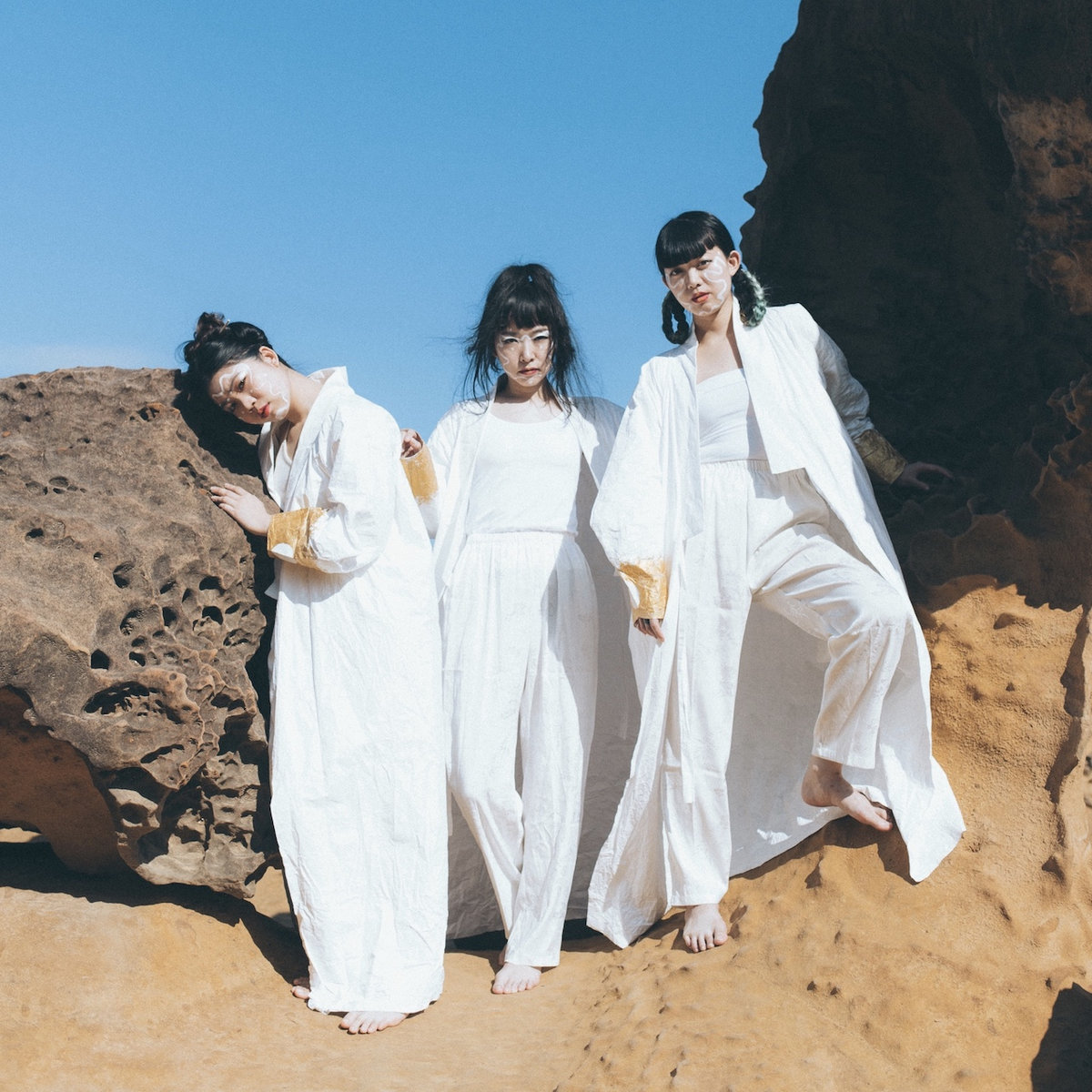
The listener is advised not to cast their net too narrowly, as Kuunatic’s music seems to invoke many responses around the world. You may hear the echoes of weird off-kilter hybrids and psyched out chamber music from the likes of Os Mutantes, Basil Kirchin, The Raincoats or Manfred Hübler. Drummer Yuko again: “it’s interesting that audiences always try to categorize us according to so many different musical genres.” But musical interpretations will inevitably circle around their home base on their “other” planet, Japan. Japanese audiences sometimes consider Kuunatic as “amplified” Shinto shrine maidens (miko). Fumie chips in. “Our sound consists of many different kinds of music, but certain unique Japanese instruments and their sounds give a special atmosphere to Kuunatic’s world. Japanese traditional music exists in very close proximity to us even if we don’t go to see Gagaku (Japanese shrine music) or Kabuki (Japanese traditional theatrical performance). Fumie has been playing the Kagura flute (Japanese shrine music flute) since childhood, Shoko’s name includes the Japanese character 笙 which means a Japanese traditional instrument, and Yuko sometimes visits a Homa burning at a temple and listens to their powerful chanting rhythm. We hear traditional music everywhere at summer festivals in Japan, so the music is imprinted in us as a very familiar sound.”
The possibilities to project onto Kuunatic’s music are endless. This is because the band has created that rare thing, catchy music that is impossible to pigeonhole. The track ‘Lava Naksh is a form of renaissance dance; a pavane, maybe, albeit with Kraftwerk’s early organ sound. Full Moon Spree could be a ritual version of The Fall’s What You Need. Raven’s War is a dry-as-dust progressive soundtrack, it could be a lost cut from the Valley Of The Dolls record. The transportative elements in all are key: certain beats and near-melismatic melody lines hark back to archaic processional and ritual music. In Desert Empress Part II for example, a glowering bass line walks ponderously alongside the toms, framing and guiding the mood. Finishing matters off with what sounds like a backwards organ is also discombobulating. Such sonic sleights of hand are part of the Kuunatic playbook. But we must remember an old psychonaught’s advice: the menu is not the meal, and the map is not the territory.”
https://youtu.be/FUIzMGI-84khttps://youtu.be/FUIzMGI-84k


